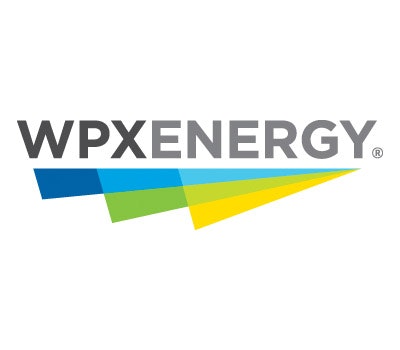Incorporated in 2011, WPX Energy Inc (NYSE:WPX) is an independent oil exploration and natural gas producer engaged in developing avant-garde, long-life natural resource assets. It took them only two years to become one of the top ten natural gas producers in the United States with average daily production of 1,251 MMcfe/d. It is wise to note that the people and management behind WPX are not new to the industry. It was created as a spin-off from Williams Companies, Inc. (NYSE:WMB), who has been operating in the energy sector since 1987.
Trading Under Tangible Book
As of June 13, the company was trading almost 25% less than its tangible book value (TBV). When WPX Energy Inc (NYSE:WPX) was spun off, the gas sector was at the low point and management had to cut back on expansion of its already planned gas rigs. Besides that, a number of factors played in the demise of WPX’s market capitalization. It owned almost a 70% stake at Apco Oil and Gas International Inc (NASDAQ:APAGF), which had operations in Argentina. When the Argentine government took control of YPF Sociedad Anonima, most oil & gas companies who had a stake in Argentina faced a sell-off. WPX’s stock lost almost 40% of its value during the event in 2012. Also, due to the falling gas prices, WPX’s revenue deteriorated by as much as 19% in the annual cycle, and as production was cut so was its stock price.
At the end of the day, most other oil & gas companies’ stock is trading almost 2.5 times their tangible book value, and WPX Energy Inc (NYSE:WPX) is demonstrating a sharp contrast. The noteworthy point is that 90% value of this company is held in tangible assets like machinery, equipment and lucrative properties, such as gas reserve bases in Piceance Basin of the Rocky Mountain region, Bakken Shale oil play in North Dakota and the Marcellus Shale natural gas play in Pennsylvania consisting of a total 4,473 Bcfe reserved natural gas.
Accounting Practices and Margin of Safety
Based on this fundamental margin of safety, it can be considered a deep value stock. If we drill a bit deeper, there are even better reasons to consider it a deep value stock. As a smaller company, WPX Energy Inc (NYSE:WPX) uses an accounting practice known as successful efforts (SE) in the oil & gas industry. Under this method, if any dry hole is found, the cost of drilling is immediately deducted from ongoing revenues. Good news is that an astounding 99% of WPX’s drilling efforts had produced something of value for the company so far. In contrast to larger companies who are drilling in volume with a rather hit-and-miss approach and hiding unsuccessful attempts for the whole operating cycle (a year in most cases) under the full cost (FC) accounting approach, WPX Energy Inc (NYSE:WPX)’s stock seems undervalued. Moreover, based on Aegis Fund’s shareholder letter for first quarter of 2013, the net asset value (NAV) per share for WPX is calculated at $31.16 – potential upside of 56.43% based on the current price of $19.92 per share. Since 90% of the company consists of tangible assets, this estimated margin of safety has some weight.
Competing against the Giants
Looking at the industry landscape, WPX Energy Inc (NYSE:WPX) mainly competes against much larger players such as Exxon Mobil Corporation (NYSE:XOM) and Chevron Corporation (NYSE:CVX). As a smaller company, WPX had been able to react faster, be more economical in spending and remain efficient in operational procedures, which allowed them to compete head on with industry giants.






